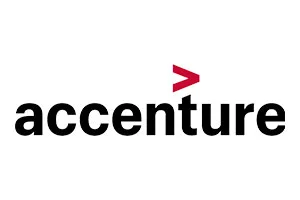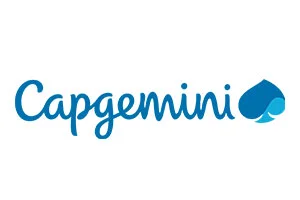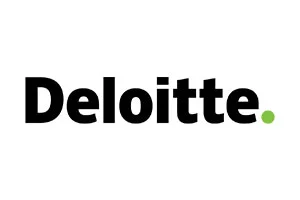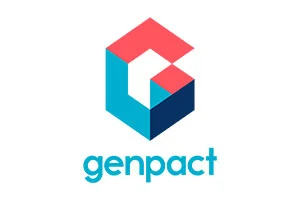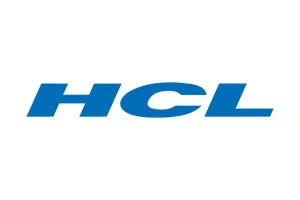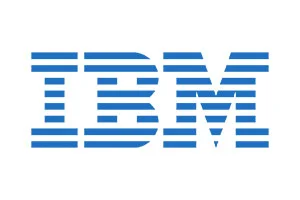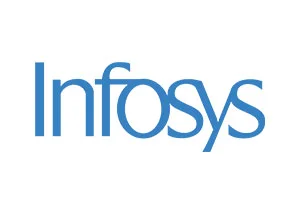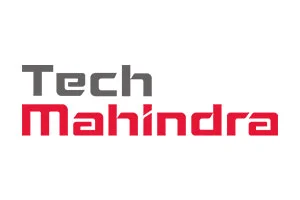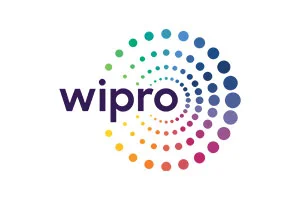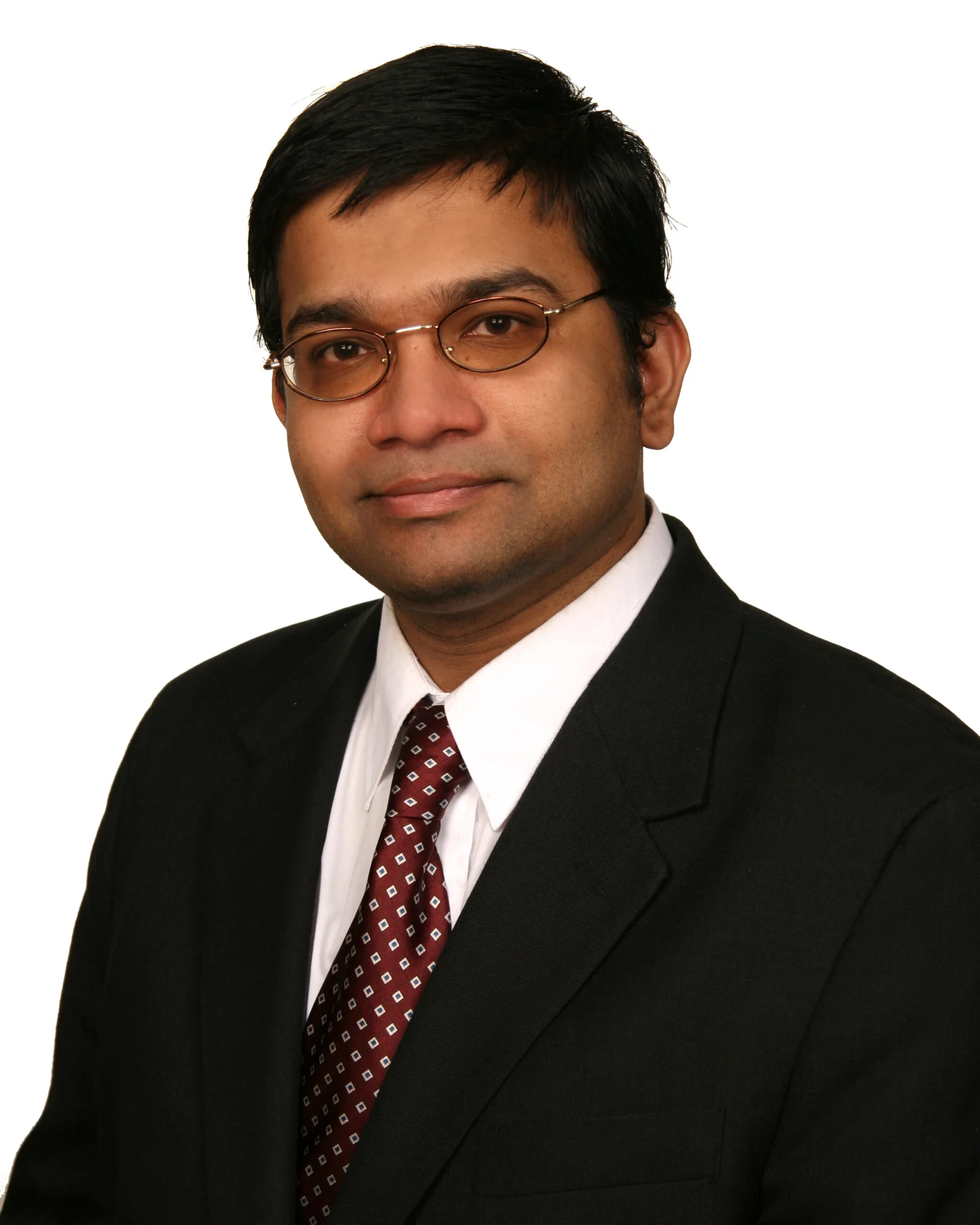Program Overview
Learning Hours
Module
Projects
Interview Calls
Certification Course in Programming with Semiconductors and IoT aims to provide participants with a solid foundation in Programming with Semiconductors and IoTconcepts, along with practical skills and experience and apply these technologies in real-world scenarios. By providing a comprehensive overview of Programming with Semiconductors and IoT concepts, along with practical hands-on experience and real-world case studies, this program equips participants with the knowledge and skills needed to excel in data-driven environments and leverage IoT technologies effectively.
Program Overview
case studies

Learning Outcomes
- Developing IoT Systems: Participants will learn to program and integrate semiconductor devices into IoT systems for real-world applications.
- Embedded System Programming: Participants will acquire skills in coding for microcontrollers and semiconductor devices to enable IoT functionality.
- Optimizing Performance and Power Consumption: Participants will explore techniques to optimize the efficiency and energy usage of IoT devices using advanced programming practices.
Note:
Modules/ topics are indicative only, and the suggested time and sequence may be dropped/ modified/ adapted to fit the total programme hours. Case studies, real world examples and numerical illustrations are an integral part of multiple modules included in the course.
The primary mode of learning for this programme is vialive online sessions with faculty members.
Post session video recordings may or may not be made available, at the discretion of faculty members.
Emeritus or the institute does not guarantee availability of any session recordings.
Who is this Programme for?
This programme is best suited for:
- Early and mid-level Professionals interested in gaining a relevant and cutting-edge perspective on Digital Marketing Data Analytics for better career prospects
- Professionals who oversee software development and machine learning projects with a keen interest in developing a data-driven decision-making approach and those looking to apply Data Analytics and ML to enhance their business growth

Career Opportunities After Programming with Semiconductors and IoT
Average Salaries
₹ 6L – ₹ 25L Per Annum
Hiring Companies
Program Modules
-
Module 1: Introduction to Semiconductors and IoT (5 hours)
1. Introduction to Semiconductors
- Basic semiconductor concepts (Conductors, Insulators, Semiconductors)
- Types of semiconductors: Intrinsic vs. Extrinsic
- Diodes, Transistors, and their applications in electronics
- Semiconductor materials (Silicon, Gallium Arsenide, etc.)
Duration: 2 hours
2. Introduction to IoT
- What is the Internet of Things (IoT)?
- IoT ecosystem and components (sensors, actuators, communication protocols)
- IoT applications in various industries (smart homes, healthcare, agriculture)
Duration: 3 hours
-
Module 2: Embedded Systems and Programming Fundamentals (10 hours)
- Embedded Systems Basics
- Definition and components of embedded systems
- Microcontrollers and microprocessors
- Overview of popular microcontrollers (Arduino, Raspberry Pi, ESP32, STM32)
Duration: 2 hours
- Programming Embedded Systems
- Basics of C and C++ for embedded programming
- Setting up development environments (Arduino IDE, Visual Studio Code, etc.)
- Writing simple programs for microcontrollers (LED blink, button press)
Duration: 4 hours
- Interfacing with Hardware
- Digital I/O: Reading and writing data to pins
- Analog I/O: Using ADCs and DACs
- Communication protocols: UART, SPI, I2C
Duration: 4 hours
- Embedded Systems Basics
-
Module 3: Semiconductor Devices and Circuit Design (10 hours)
1. Semiconductor Devices in Detail
- Bipolar Junction Transistor (BJT)
- Field Effect Transistor (FET)
- Operational Amplifiers (Op-Amps)
- Diodes, LEDs, and photodiodes
Duration: 5 hours
2. Basic Circuit Design and Simulation
- Basic principles of circuit design (Ohm’s Law, Kirchhoff’s laws)
- Introduction to circuit simulation software (LTSpice, Tinkercad)
- Designing and simulating circuits for IoT devices
Duration: 5 hours
-
Module 4: IoT Architecture and Communication Protocols (10 hours)
-
IoT Architecture and Components
- IoT sensors and actuators
- Communication layers in IoT (Perception, Network, Application)
- Edge computing and Cloud computing in IoT
Duration: 3 hours
-
IoT Communication Protocols
- Wired vs. Wireless communication: USB, Ethernet, Wi-Fi, Bluetooth
- IoT-specific protocols: MQTT, CoAP, HTTP, Zigbee, LoRaWAN
- Working with low-power IoT communication protocols
Duration: 4 hours
-
IoT Data Management
- IoT data collection, storage, and processing
- Introduction to databases for IoT (SQL, NoSQL)
- Real-time data streaming and analytics
Duration: 3 hours
-
IoT Architecture and Components
-
Module 5: Designing IoT Systems with Semiconductors (10 hours)
1. Designing IoT Devices with Semiconductors
- Choosing the right semiconductor devices for IoT
- Design considerations for low-power IoT devices
- Power management in IoT devices
Duration: 4 hours
2. PCB Design for IoT
- Basics of PCB design and manufacturing
- Tools for designing PCBs (Eagle, KiCad)
- Hands-on PCB design exercise for a simple IoT device
Duration: 3 hours
3. Prototyping and Fabrication
- Using breadboards for prototyping IoT systems
- Soldering techniques and PCB assembly
- Testing and debugging techniques for IoT hardware
Duration: 3 hours
- Data Analysis Techniques for Marketing: Segmentation, Cohort Analysis, Predictive Analytics
- Reporting Tools: Google Data Studio, Tableau, Power BI
- Automation and Personalization in Marketing
- Ethical Use of Data in Digital Marketing: Privacy Concerns and Regulations (GDPR, CCPA)
- The Future of Digital Marketing: AI, Machine Learning, and Data Science in Marketing
-
Module 6: IoT Software Development and Integration (10 hours)
IoT Software Development
- Writing IoT applications in Python, C/C++
- Using IoT platforms (ThingSpeak, Blynk, Particle)
- Developing mobile and web applications for IoT devices
Duration: 4 hours
Cloud Integration for IoT
- Introduction to cloud computing (AWS, Microsoft Azure, Google Cloud)
- IoT data storage in the cloud
- Cloud-based analytics and visualization
Duration: 3 hours
Security in IoT Systems
- IoT security challenges
- Secure communication protocols (TLS/SSL, WPA2)
- Authentication and encryption techniques
Duration: 3 hours
-
Module 7: Advanced Topics in IoT and Semiconductor Programming (5 hours)
-
Low Power IoT and Edge Computing
- Low-power design strategies for IoT devices
- Edge computing vs. cloud computing
- Case studies of energy-efficient IoT applications
Duration: 2 hours
-
Machine Learning in IoT
- Introduction to machine learning for IoT
- Deploying machine learning models on edge devices
- Real-world applications of ML in IoT (predictive maintenance, anomaly detection)
Duration: 3 hours
-
Low Power IoT and Edge Computing
-
Module 8: Project Work and Final Evaluation (10 hours)
- Project Work: IoT System Development
- Students work on an IoT project, integrating sensors, actuators, and communication protocols
- Real-world IoT application (smart home automation, health monitoring, etc.)
- Duration: 7 hours
- Final Evaluation and Presentations
- Presentation of final projects
- Discussion on challenges and solutions
- Evaluation of projects based on functionality, design, and innovation
- Duration: 3 hours
FAQ
-
Q-01 : What will I receive by completing this Course?
Ans-01 : It is a Certification Programme from IIT-Kharagpur. You will receive the Certificate of Completion. The link for the certificate image is available below: Sample Certificate
-
Q-02 : What is the program duration?
Ans-02 : It is a short term programme.
The Course Start Date – January, 2025
Program Duration – 6 months -
Q-03 : Will the classes be held in some specially designated centres in my City or will they be held Online?
Ans-03 : The Course will be delivered Live, Online direct to your Device, (ie. Laptop or Desk top, mobile etc which can be used to access the Internet). The details of the configuration will be available before course commencement.
-
Q-04 : Will the classes be held every day? I am a working professional.
Ans-04 : No, the Classes will be held as per schedule only over the weekends. The Class schedules will be published well in advance.
-
Q-05 : How will this Course help my Career?
Ans-05 : Successfully completing the Course will enable you to earn a Certificate from IIT Kharagpur. Since the classes will be held over the weekend, it will not disturb your normal professional work either.
-
Q-06 : Is the platform fee a one time payment?
Ans-06 : There are installment facilities available.
-
Q-07 : Do I have to give an exam to get admission in this Course.?
Ans-07 : No. The Institute has the right to take a final decision on your Application based on all the Documents submitted.
-
Q-08 : Who will teach us?
Ans-08 : A reputed Faculty of the Institute will be taking the classes. Apart from that, top Industry specialists will also teach specific topics and you will get Industry Expert’s perspective as well.
-
Q-09 : How will the Course Assessment take place?
Ans-09 :Assessments will be through assignments and projects.

